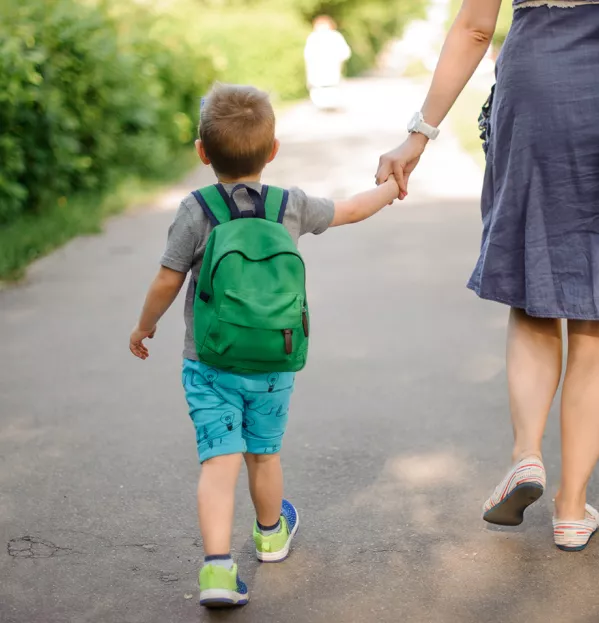Every child deserves a fair chance at education. We all can agree on that. And yet from day one, the odds are stacked against children from poorer families.
Let’s take language development as an example: by the time they are three years old, children in the lowest income group are a staggering 17 months behind children in the highest income group.
That’s why the early years are the best time to make a difference. But once again, the system is rigged against the poorest three-year-olds.
In families with working parents, children aged 3 and 4 are entitled to 30 hours of free early education a week. If parents aren’t working, children get 15 hours a week. This would be unimaginable in any other phase of education; can you imagine the uproar if the government cut the hours of schooling for the poorest pupils by 50 per cent, instead of spending £2.44 billion on the pupil premium?
So why are poorer children treated differently in the early years?
To answer that question, we need to go back to 1997 and to the start of one of the world’s biggest early years research programmes: the Effective Pre-School, Primary and Secondary Education (EPPSE) project.
EYFS: How disadvantaged families are losing out on free childcare
The researchers tracked thousands of children from the early years to the end of secondary schooling, and found clear benefits for children who accessed high-quality early education and care.
However, when it came to the impact of hours attended, the evidence was muddier. An EPPSE technical paper notes that attending more sessions per week is probably beneficial.
The evidence was clearer about the positive impact of pre-school attendance over a longer duration, though. As a result, the government now funds free 15-hour places for disadvantaged two-, three- and four-year-olds.
On the face of it, this is a good example of following the evidence - but, in reality, it’s not that simple. The EPPSE project began more than two decades ago, and the quality of early education has improved greatly since then.
The EPPSE project made it clear that we should offer a mixture of child-initiated play and adult-guided learning, to ensure that we are gently challenging and extending young children’s thinking and skills throughout the day. As a result, we have changed our ways.
Thanks to resources such as the Education Endowment Foundation’s Early Years Toolkit, we are more aware of the evidence, and use that to inform our practice, ensuring that we improve every child’s early learning and development.
But let’s put things simply: we know that it’s likely that more hours would benefit the poorest children. More to the point, it’s wrong to give less support to the children who need it most. I’m thinking here of real people, families I see every day: the family with three small children in a damp and mouldy one-bedroom flat; the single parent with twins, shivering as they arrive in the nursery.
A full-time place at an EYFS setting gives the most vulnerable children warmth, space to play and learn, and nutritious food. Isn’t that the least we should offer?
Dr Julian Grenier is the headteacher of Sheringham Nursery School and Children’s Centre. He co-leads the East London Research School




